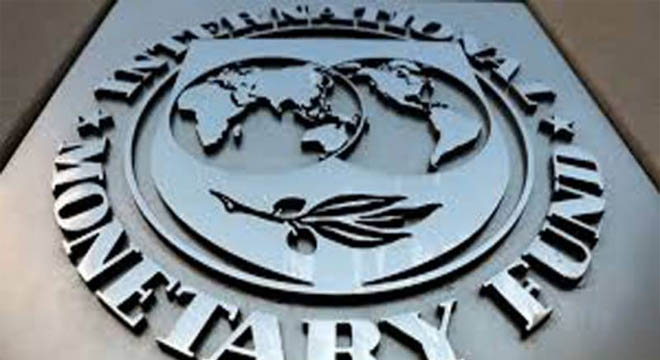ISLAMABAD – Inflation rate is likely to increase in the weeks to come due to government’s economic policies adopted to revive the International Monetary Fund (IMF) programme.
The government has recently decided to impose additional taxes worth Rs140 billion as part of the conditions set by the IMF. The government has also decided to increase electricity prices in order to revive the IMF programme. All these measures would result in increase in inflation rate in the country.
Inflation has already gone up in February this year after showing decline in last four months. Inflation measured through Consumer Price Index (CPI) was recorded at 8.7 percent in February this year over the same period of last year. Earlier, in January 2021, inflation eased to 5.7 percent. Economic experts believe that inflation is likely to increase in the months to come. The State Bank of Pakistan has also noted that headline inflation may continue to remain elevated in coming months due to administered prices and base effects, underlying price pressures from the demand-side or second-round effects should remain contained. Looking further ahead, this year’s upcoming round of wage negotiations, next year’s budget, and the path of domestic energy prices and international commodity prices may have an important bearing on the inflation trajectory. The recent increase in electricity prices will continue to manifest in headline numbers in coming months, keeping average inflation in FY21 close to the upper end of the previously announced range of 7-9 percent, the SBP noted in its recent monetary policy. The business community has also expressed fear that inflation may increase. Chairman of National Business Group of FPCCI, president Pakistan Businessmen and Intellectuals Forum and All Karachi Industrial Alliance, Mian Zahid Hussain on Monday said prices of almost everything are rising despite a fall in the value of the US dollar and a stronger rupee.
The cost of doing business of importers of raw material, finished goods and food items have reduced substantially but the benefit is not being transferred to the masses which should be noticed, he said.
Mian Zahid Hussain said that the new wave of inflation before the holy month of Ramadan should be controlled to provide some relief to masses facing eroded buying power due to unprecedented inflation.
He said that the government should reject the application of gas companies for a gas tariff hike up to 220 percent as this mini-budget will destroy the economy. He said that the dollar has lost around 10 percent of its value against the rupee since August 2020 which has added to the profit of importers but the consumers were deprived of the benefit.
The strengthened rupee has reduced the import cost of cement, steel, iron, building material, food items, sugar, flour and many other things which must be probed, he said, adding that cooking oil and ghee was available for Rs250 per kg in August 2020 which is now being sold at Rs300 per kg.
Similarly, the prices of wheat flour, milk, sugar, poultry products and spices have increased while the price of chilli powder has increased by Rs500 per kg.
Over a billion dollars have been spent on the import of wheat flour and sugar but prices have not stabilised which is a question mark on the working of federal and provincial governments, he said.
Follow the PNI Facebook page for the latest news and updates.









